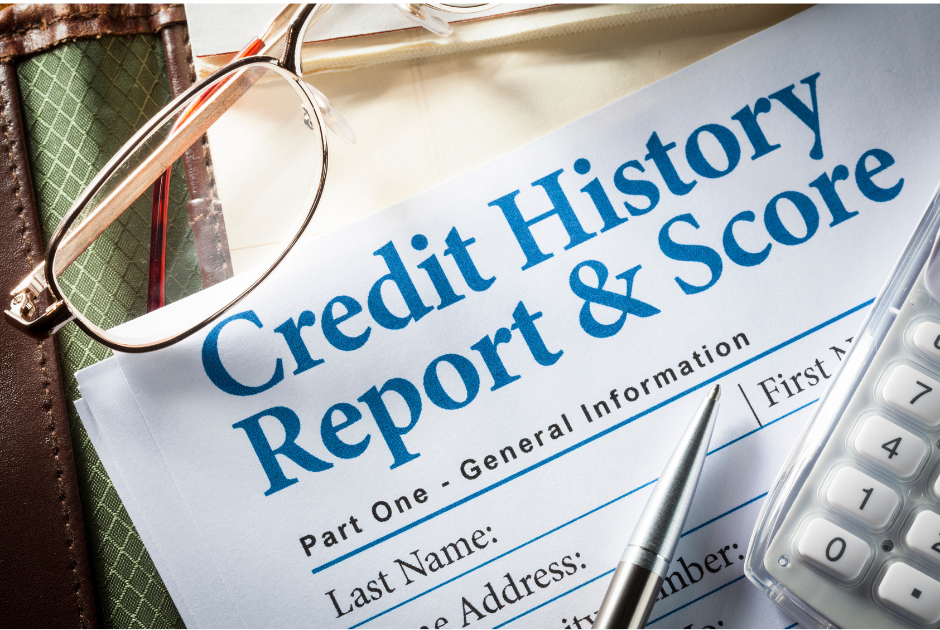800-622-3631
Routing #: 314978543
Search

Debt is the state of owing money. When it comes to managing debt, you’re not alone. According to CNBC, “The average American has $90,460 in debt,” but don’t let those numbers intimidate you. The amount of debt for each individual and age group varies. Debt is not always bad; there are different types of debt that can help you generate wealth. For example, buying a home or receiving student loans to pay for your education can ultimately lead you to generate wealth over time. On the other hand, consumer debt like auto loans, personal loans, and credit cards may not increase your wealth as they depreciate in value. Managing your debt is crucial, whether you’re starting adulthood or have advanced financial knowledge. The following steps can help you manage and reduce your debt:
It's easy to apply for more credit cards and keep up with ever-changing luxuries. However, if you want to get out of debt, you need to stop incurring unnecessary debt. Here are a few tips to help avoid incurring debt:
Life happens, and sometimes paying off debt doesn’t fit the budget, but making it a priority is achievable. Start by tackling high-interest debts and those with fees. Here are a few strategies to help pay off debt:
There are many companies that offer debt management assistance. It’s important to be cautious and thoroughly research any company you consider to ensure they are legitimate. Unfortunately, debt management scams are common and often prey on those experiencing financial stress. Here are some options to help you take control of your debt:
Managing debt can be challenging and stressful, but you don't have to face it alone. Rally is always here for you and your financial needs. Whatever life brings, we have a loan for you!
Learn more about how you can manage your credit score and spending within digital banking!

